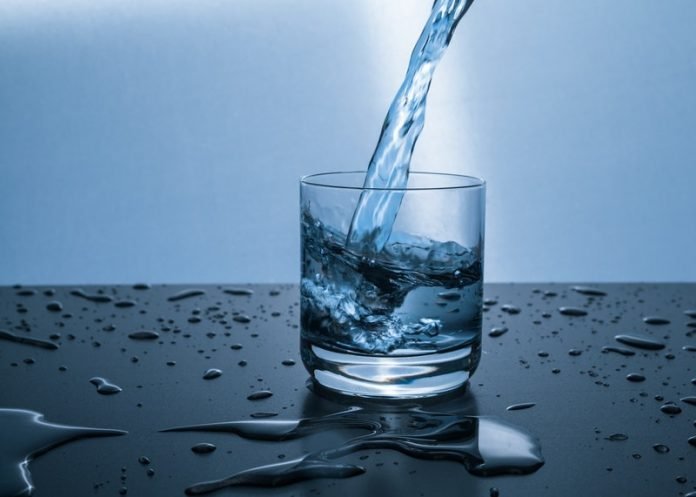
In a new study, researchers found that increasing the pH level of water could help prevent obesity and health problems caused by high sugar content in drinks.
This can help create drinks that do not need sugar or additives.
The research was conducted by a team from De Montfort University Leicester (DMU) and other institutes.
In the new study, the team looked at why sugar is added to drinks in the first place and found that the water purification process known as Reverse Osmosis (RO) can reduce the liquid’s pH level to values of 6.1 or lower—compared to water’s neutral pH level of 7.
RO removes dissolved salts (ions) and unwanted bacteria from drinking water by pushing it under pressure through a semi-permeable, thin membrane with tiny pores that restrict larger molecules and impurities from getting through.
But this process causes the liquid to become more acidic through the uptake of atmospheric carbon dioxide, leaving a salty, bitter taste.
As a result, sugar is added to drinks to cover up this adverse flavor.
The team found current water treatment techniques are unable to alter the pH value of RO-treated water.
However, WET Group, a water enhancing technology business, has created its patented AES technology for drinks and beverage businesses.
The AES machine turns source water into super-premium alkaline water through a process of filtration, re-mineralization, and alkalization.
The study showed that water treated by the AES facility retained a pH value greater than 9, even after flavors were added.
This can help develop a method that creates drinks which do not need sugar or additives.
The new water is safe for human consumption, the team has tested in a clinical trial studying blood, urine and saliva samples taken from participants who had been drinking it on a regular basis.
One author of the study is Professor Martin Grootveld, professor of Bio-analytical Chemistry and Chemical Pathology at DMU.
Copyright © 2019 Knowridge Science Report. All rights reserved.



